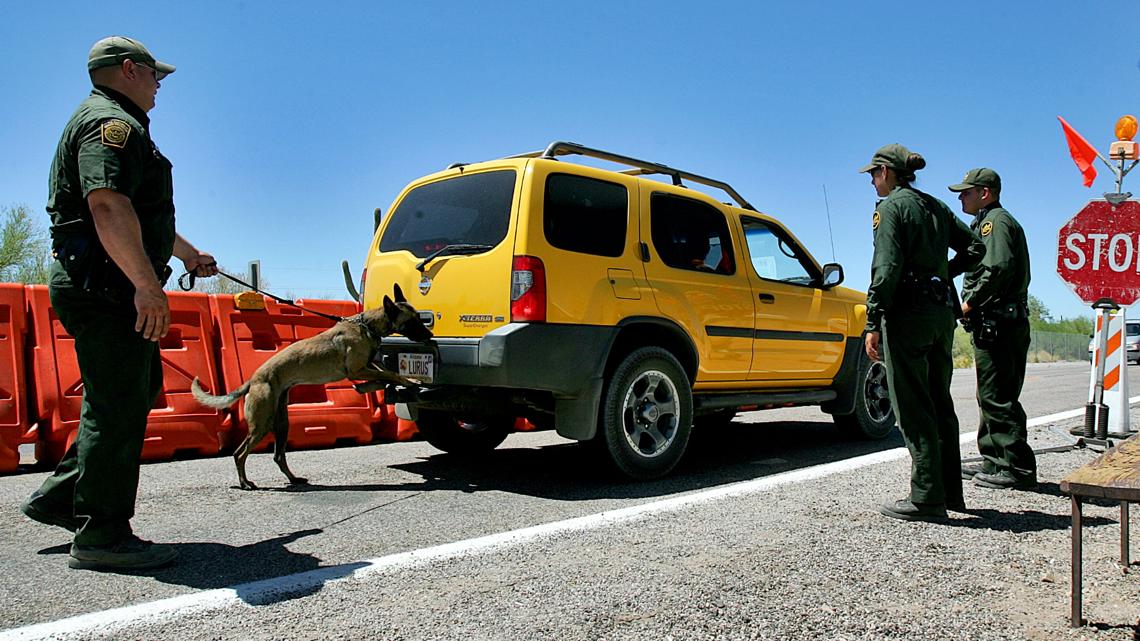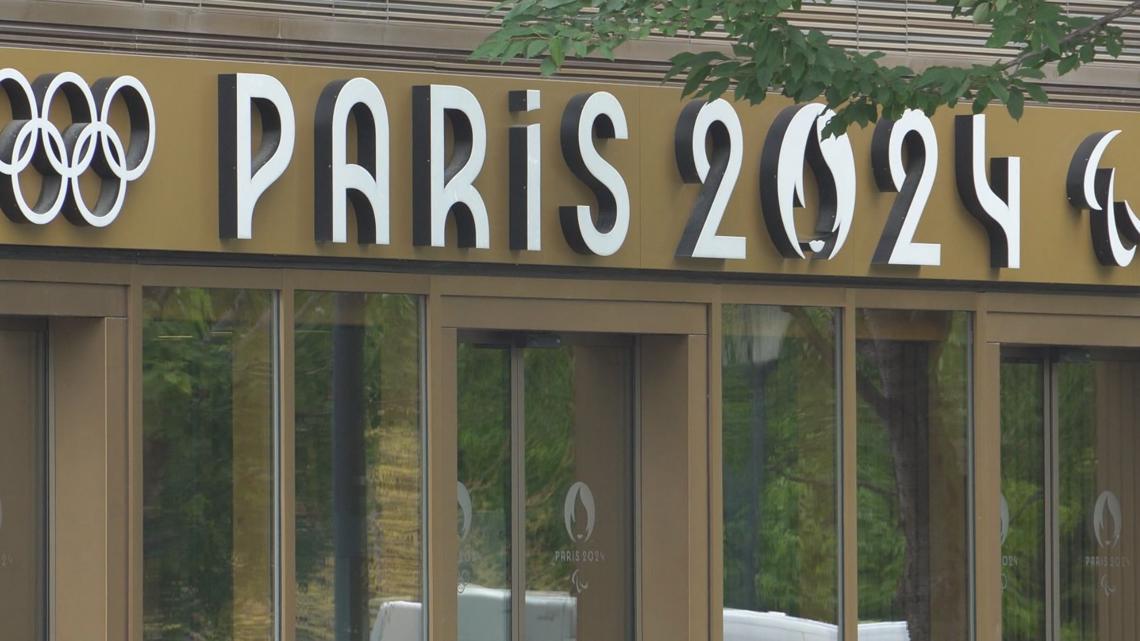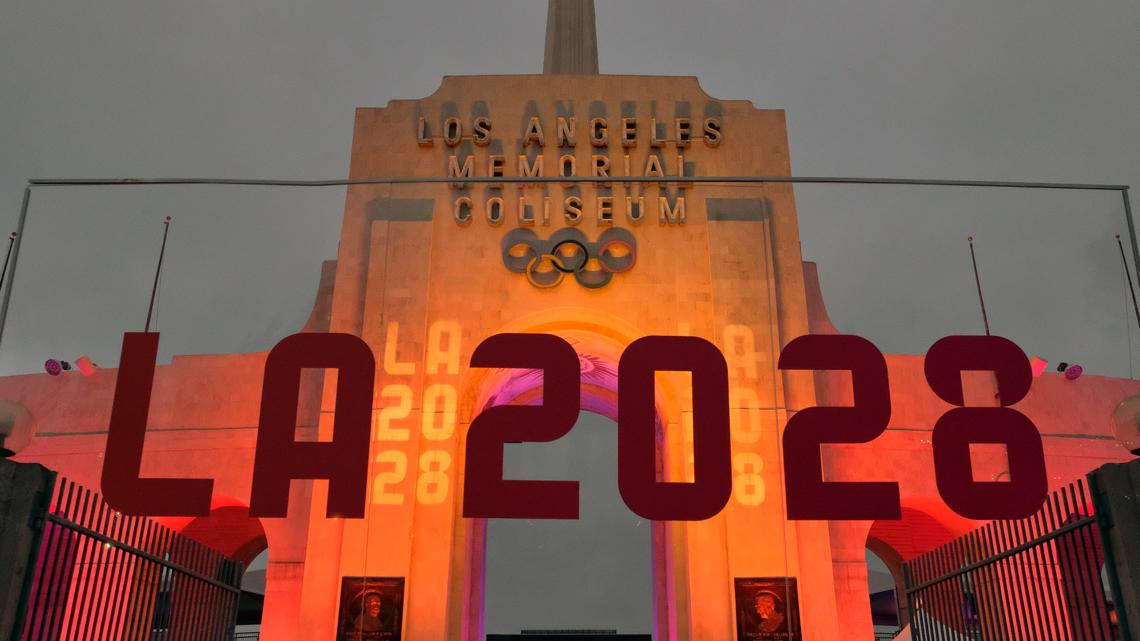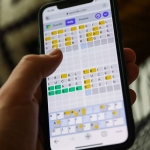A man in a viral video claimed agents violated his rights by detaining him after he refused to answer questions at a checkpoint. We VERIFY what Border Patrol can do.
In May, a viral video posted on X and Reddit shows Border Patrol officers detaining two men after one of the men refused to answer the agents’ citizenship questions. The encounter happened while the men were stopped at an immigration checkpoint on a highway outside of Hebbronville, Texas, about 50 miles away from the U.S.-Mexico border.
In the video, multiple Border Patrol agents asked the men if they are U.S. citizens. But the passenger refused to answer, claiming this line of questioning violated his constitutional rights. Officers asked the driver to move the car off to the side because his passenger was not complying, but the driver wouldn’t do so.
Some people who commented on the video said Border Patrol is legally allowed to stop people without cause at immigration checkpoints on highways inside the U.S. within 100 miles of the border, something the officers also claimed in the video.
THE QUESTION
Is Border Patrol legally allowed to stop cars without cause at immigration checkpoints inside the U.S. within 100 miles of the border?
THE SOURCES
THE ANSWER
Yes, Border Patrol is legally allowed to stop cars without cause at immigration checkpoints inside the U.S. within 100 miles of the border.
WHAT WE FOUND
Under U.S. law, Border Patrol agents have the authority to briefly stop vehicles without cause at established checkpoints on highways within 100 miles of any U.S. border. The agents can ask about the motorists’ immigration status at these checkpoints. Motorists can refuse to answer the agents’ questions, but it might take longer for agents to verify their status.
According to a 2022 U.S. Government Accountability Office report, more than 50 million vehicles pass through Border Patrol’s interior immigration checkpoints each year. These checkpoints are generally located 25 to 100 miles from the southwest and northern borders along U.S. highways and secondary roads. There are more than 110 checkpoints inside the U.S.
“All vehicles traveling through a checkpoint may be subject to a checkpoint inspection,” the GAO report said.
A 1952 federal law known as the Immigration and Nationality Act gives Border Patrol broad powers within 100 miles of any U.S. border.
The Immigration and Nationality Act states that agents can, “within a reasonable distance from any external boundary of the United States,” without a warrant, “board and search for aliens any vessel within the territorial waters of the United States and any railway car, aircraft, conveyance, or vehicle.”
The law defines “reasonable distance” as “100 air miles from any external boundary of the United States.” One of the Border Patrol agents cited this law after the man refused to comply in the viral video.
In 1976, the Supreme Court decided that Border Patrol agents could also set up federal immigration checkpoints on public highways inside the U.S. leading to or away from the border. Agents at these checkpoints have the authority to stop vehicles without a warrant or other probable cause and briefly question motorists about their immigration status without violating the Fourth Amendment, according to the court’s decision.
“Agents do not need any suspicion to stop you and ask you questions at a lawful checkpoint, but their questions should be brief and related to verifying immigration status. They can also visually inspect your vehicle,” the American Civil Liberities Union (ACLU) says on its website.
This means that Border Patrol agents can legally stop vehicles and ask motorists or passengers about their immigration status at checkpoints within 100 miles of any U.S. border without a warrant, probable cause or permission to do so. Agents do, however, need one of those justifications to legally do more than that – for instance, searching the vehicle for contraband.
The ACLU says people who are stopped at these checkpoints always have the right to remain silent and they are free to tell the agent they will only answer questions with an attorney present, regardless of their citizenship status. But refusing to answer will likely result in being detained longer, being referred to secondary inspection, or both, in order to verify your immigration status.
The man who refused to comply in the viral video said he and the other man were detained for 40 minutes before they were allowed to leave.
“If you are held at the checkpoint for more than brief questioning, you can ask the agent if you are free to leave. If they say no, they need reasonable suspicion to continue holding you,” the ACLU said.
The ACLU says an immigration officer cannot arrest you at these checkpoints without probable cause. This means the agent must have facts about you that make it probable that you are committing, or committed, a violation of immigration law or federal law.
We previously VERIFIED that the 100-mile border zone only applies to vehicles, but not to buildings, meaning agents still need legal justification, such as a warrant, to enter a home or business within 100 miles of the border.











